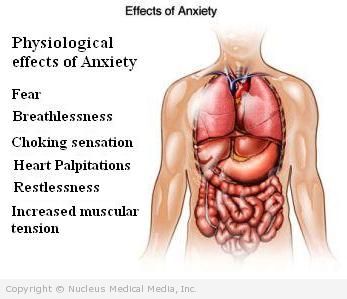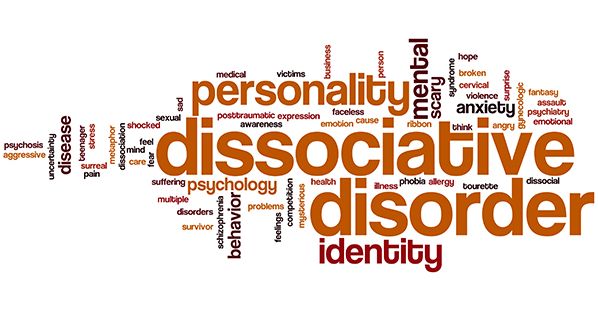Panic disorder – Definition
Panic disorder is a type of anxiety disorder characterized by recurrent and unpredictable bursts of terror known as panic attacks. A panic attack is accompanied by physical symptoms that may feel similar to a heart attack or other life-threatening condition.
Intense anxiety often develops between episodes of panic. As panic attacks become more frequent, people begin avoiding situations that could trigger them. Panic attacks can lead to agoraphobia. This is a fear of being trapped in places or situations where escape could be difficult or impossible.
Panic disorder – Causes
Scientists continue to look for the exact cause or causes of panic disorder. It is believed to be related to:
- Family history
- Other biological factors
- Stressful life events
- Increased sensitivity to physical sensations
Panic disorder – Risk Factors
Factors that may increase the risk of panic disorder include:
- Sex: female
- Age: young adult
- History of another anxiety disorder
- Family history of panic disorders
Panic disorder – Symptoms
Panic attacks usually occur unexpectedly and repeatedly. They include many of the following symptoms:
- Sudden and intense episodes of fear
- Racing, pounding, or skipping heartbeat
- Chest pain, pressure, or discomfort
- Difficulty breathing
- Choking sensation or lump in the throat
- Excessive sweating
- Lightheadedness or dizziness
- Nausea
- Tingling or numbness in parts of the body
- Chills or hot flashes
- Shaking or trembling
- Feelings of unreality or being detached from the body
- An urge to flee
- Fear of impending doom, such as death, a heart attack, suffocation, loss of control, or embarrassment
- Stomach pain
Panic disorder – Diagnosis
The doctor will ask about your symptoms and medical history. A physical exam will also be done. Since some panic disorder symptoms are similar to heart, digestive, and/or thyroid problems, a physical exam and tests can rule out an underlying condition that you may have.
Tell your doctor about your physical symptoms and how the symptoms make you feel. Your doctor will want to know if the panic attacks interfere with your normal activities. You should also tell your doctor if you:
- Have been feeling sad or hopeless
- Have been drinking or using drugs to control symptoms
Panic disorder – Treatment
The goal of treatment is to decrease the frequency and intensity of panic attacks. Treatment options include:
Cognitive Behavioral Therapy
Cognitive-behavioral therapy can prepare you for situations that may trigger panic attacks. Therapy focuses on:
- Learning how to recognize what causes your fears
- Gradually forming healthier thinking patterns
- Doing breathing exercises to increase relaxation
- Reducing fear and feelings of terror
Medications
Antidepressants
Certain antidepressants can be used to help treat panic disorder. Medicines approved for this purpose include:
- Sertraline (Zoloft)
- Paroxetine (Paxil)
- Fluoxetine (Prozac)
- Venlafaxine (Effexor XR)
Your doctor may need to try different antidepressants before finding the one that works best for you. It may also take several weeks before your symptoms start to improve.
Anti-Anxiety Medicine
Anti-anxiety medicines called benzodiazepines may be prescribed to prevent panic attacks. These medicines may also be given to stop a panic attack. Examples of benzodiazepines include:
- Alprazolam (Xanax)
- Clonazepam (Klonopin)
- Lorazepam (Ativan)
Note: Benzodiazepines can be habit-forming.
Studies have found that people with panic disorder get the most benefit from a combination of treatment — therapy plus medicine.
Dietary Changes
Some people find that avoiding caffeine may help reduce panic attacks. Caffeine is found in many products, like coffee, tea, chocolate, and soft drinks.
Panic disorder – Prevention
You may be able to reduce your chance of having a panic disorder by:
- Avoiding caffeine
- Avoiding abusing alcohol and drugs
- Getting plenty of rest
- Scheduling a regular “quiet time” for yourself at home


